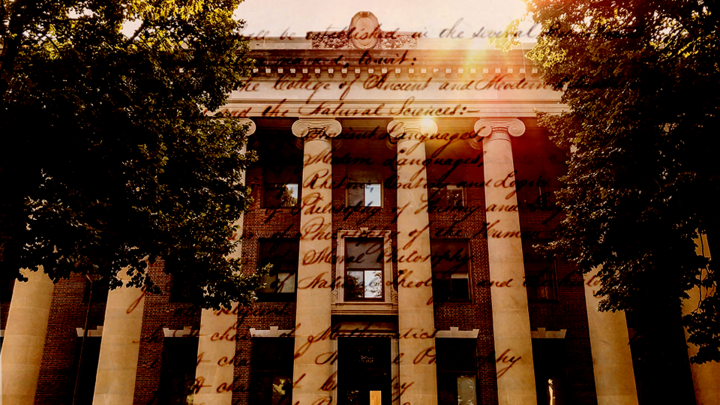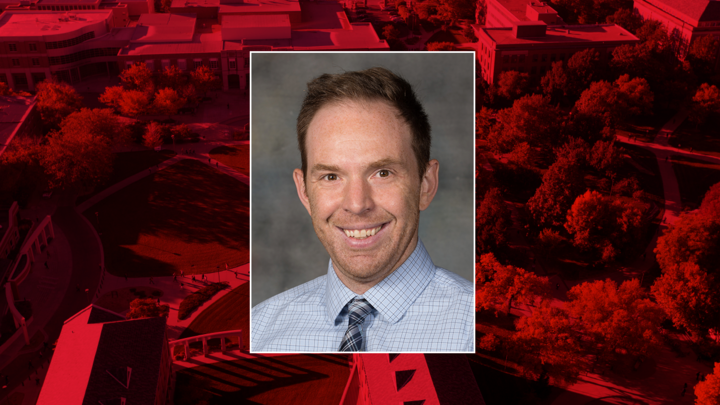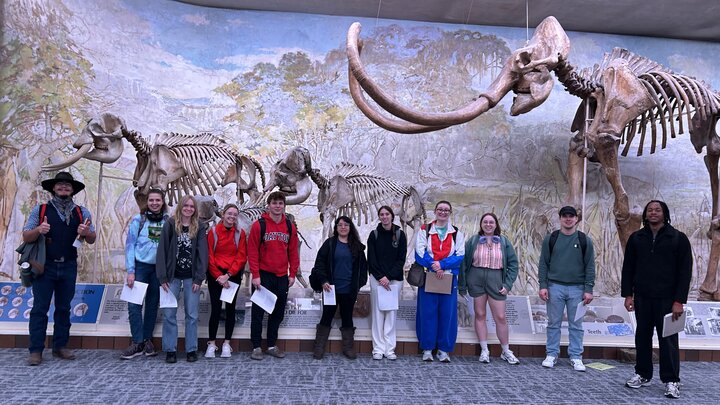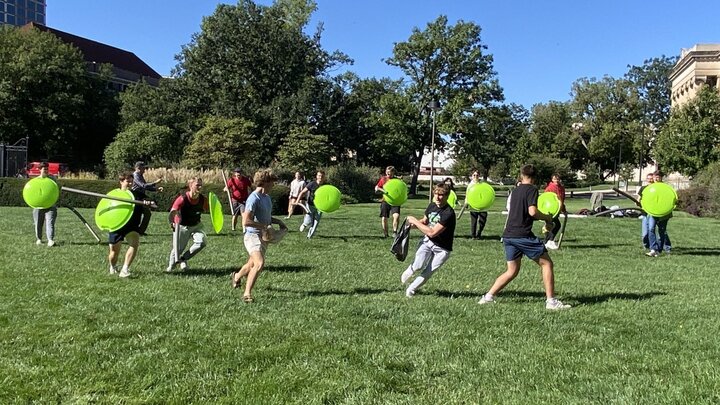One hundred and fifty years after the charter was adopted for the University of Nebraska, the department of Classics and Religious Studies is still upholding two of the pillars upon which this university was founded.
The original classical course at UNL taught “Latin, Greek, and mathematics through four years,” Robert Knoll wrote in his 1969 book Prairie University. In the last two years of the degree these three mandatory subjects would be supplemented with the choice of a modern language or additional sciences such as geology or physical science. If the Classical Course wasn’t your cup of tea, then there was always the Scientific Course to opt into. In Centennial History of the University of Nebraska, Robert Manly wrote that the scientific curriculum would swap out some classical languages for extra science classes. No matter what course was selected, classical languages were a foundation taught university wide.
The Religious Studies program also traces its history back to the founding of the university. Section 8 of the original charter called for the appointment of a “chair of Natural Theology and the history of all religions.” This field of study combined with the Classics program in 1998, forming the Department of Classics and Religious Studies, and the department began offering a Religious Studies major in 2008.
Today’s Classics program is dedicated to the study of Greek and Roman philosophy, literature, history and culture. The department still teaches Greek and Latin as classical languages, and there is a push to bring the Classics further into the realm of modern relevance with classes such as “Classical Antiquity in Popular Culture,” “Gender and Sexuality in the Ancient World,” and several courses that function as a part of the digital humanities program.
The Religious Studies program is dedicated to the exploration and teaching of world religions. The department offers a wide variety of classes, from the overarching survey “World Religions” to the in-depth studies of topics such as “Women in the Quran” and “Religion, Peace and Social Justice.”
Department Chair, Stephen Lahey, is looking forward to the future of the department, saying that, “The coming century promises a wealth of new opportunities for understanding the world of classical antiquity, and for learning how to encounter different religions and cultures. We look forward to providing students the opportunity to make connections across the centuries, and across the globe, both of which will continue to define the Liberal Arts education.”
Check out the Classics and Religious Studies department
View the original university charter




